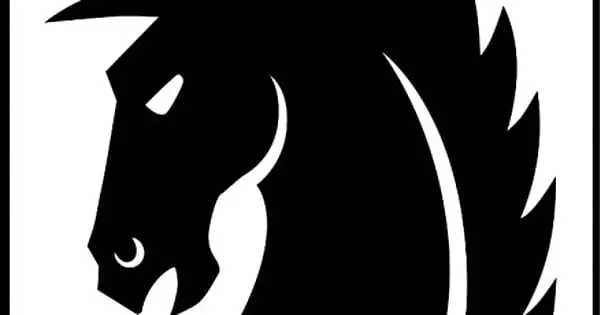Dark Horse Comics, the Oregon-based publisher of acclaimed titles like Hellboy and The Witcher, has confirmed it is reducing its staff in response to “increasing overhead, changing market conditions, and external economic factors.” The move reflects broader challenges facing the comic book industry.
Dark Horse Comics Confirms Layoffs
Dark Horse Media confirmed on February 3rd that layoffs had occurred. While the exact number of employees affected remains undisclosed, reports suggest that around 10% of the company’s workforce has been impacted. The news follows announcements from other industry players also facing financial strain.
Konner Knudsen, an associate editor at Dark Horse known for their work on the Black Hammer line, publicly announced their layoff on social media, expressing gratitude for their time at the company and signaling their intent to remain in the comics industry. Megan Walker, another Associate Editor, has also been let go by Dark Horse.
Official Statement
In a statement provided to news outlets, Dark Horse explained the difficult decision: “On February 3, Dark Horse made the difficult but necessary decision to reduce staff. After experiencing a period of significant growth, we find ourselves needing to take steps in response to increasing overhead, changing market conditions, and external economic factors. We have begun to streamline all areas of the company in order to continue producing the quality content and products that have been our trademark since day one. Again, this has been an extremely hard decision and not one taken lightly. We appreciate the dedication, commitment, and hard work of our colleagues, and wish everyone affected success in their future endeavors.”
Factors Contributing to the Downsizing
Several factors appear to have contributed to Dark Horse’s decision to reduce its workforce.
Economic Headwinds
Like many businesses, Dark Horse is navigating a complex economic landscape. Inflation, rising overhead costs, and shifting consumer spending habits are putting pressure on profitability.
Market Changes
The comic book industry is undergoing significant changes. The direct market, traditionally reliant on comic book specialty stores, has faced challenges, including the bankruptcy of Diamond Comic Distributors. These shifts have forced publishers to adapt their distribution and sales strategies.
Impact of Parent Company Restructuring
Dark Horse was acquired by the Embracer Group in early 2022 as part of the Swedish gaming conglomerate’s acquisition spree. However, after a planned $2 billion investment fell through in 2023, Embracer initiated a restructuring process. In April 2024, Embracer split into three separate entities: Asmodee Group, Coffee Stain & Friends, and Middle-earth Enterprises & Friends, with Dark Horse Comics now falling under Middle-earth Enterprises & Friends. These restructurings have had ripple effects throughout the organization, impacting various subsidiaries, including Dark Horse.
Industry-Wide Trend
Dark Horse is not alone in facing these challenges. Other comic book publishers, including IDW Publishing, have also announced layoffs, suggesting a broader trend within the industry. These cutbacks hint at broader challenges for comic book publishers during economic shifts.
Dark Horse’s History and Impact
Founded in 1986 by Mike Richardson, Dark Horse Comics emerged from his comic book store chain, Things From Another World. The company quickly established itself as a prominent independent publisher, known for creator-owned titles and licensed properties.
Key Titles and Creators
Dark Horse has published a diverse range of successful titles, including:
- Hellboy by Mike Mignola
- Sin City by Frank Miller
- The Umbrella Academy by Gerard Way and Gabriel Bá
- Black Hammer by Jeff Lemire and Dean Ormston
- Licensed properties such as Star Wars, Aliens, Predator, The Witcher, and Stranger Things
The publisher has also worked with numerous acclaimed creators, including Brian Bendis, Jeff Lemire, and Mark Millar.
Contributions to the Industry
Dark Horse has played a significant role in shaping the comic book industry, championing creator rights and providing a platform for diverse voices and innovative storytelling. The company’s success has paved the way for other independent publishers and contributed to the growth of the medium.
The Future of Dark Horse
Despite the current challenges, Dark Horse remains committed to producing high-quality content and serving its loyal fanbase. The company is implementing a plan for growth, which includes streamlining operations and focusing on its core strengths.
Adapting to Change
Dark Horse is actively adapting to the changing market conditions by exploring new distribution channels, investing in digital initiatives, and expanding its reach to new audiences. The publisher is also leveraging its intellectual property to create new revenue streams through licensing, merchandise, and adaptations in other media.
Continued Focus on Quality
Dark Horse remains dedicated to its core mission of publishing compelling stories and supporting talented creators. The company is committed to maintaining its reputation for quality and innovation, ensuring that it continues to be a vital force in the comic book industry for years to come.









